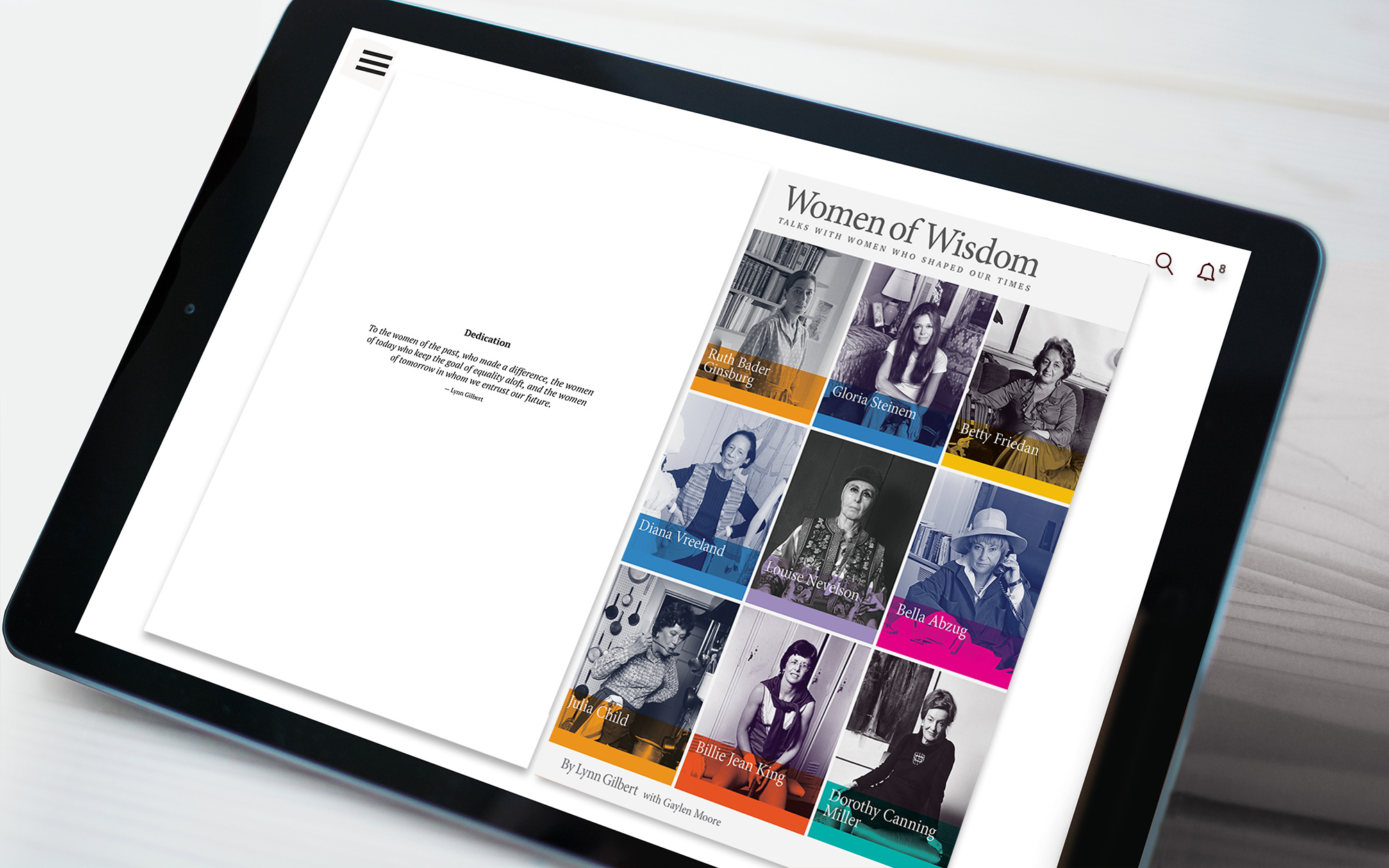"We shape our buildings; thereafter they shape us." — Winston Churchill.
“What I’m trying to do with criticism is not a simple, one-track thing. I am very concerned with my own feelings about the subjects I write about. I am concerned with the quality of the cities we’re building, with how they serve people and how they contribute to the arts that are involved in building them...
My first consideration is to meet a set of standards that is terribly important to me. My next consideration is to share those standards with people who should be concerned and who should care who are concerned and do care. As for criticism, analyzing and discussing how these various subjects or buildings or actions fit into those standards is apt to engender a sense of pleasure or a sense of outrage, all of which comes through in the writing.”
– Ada Louise Huxtable, in Particular Passions: Talks with Women who Have Shaped our Times.
Particular Passions profiles forty-six American women who forged successful careers in fields that had traditionally been open only to men. The women were pioneers in the arts and sciences, athletics and law, mathematics and politics, among other disciplines. They overcame countless obstacles to build fulfilling lives for themselves, and in so doing opened doors for new generations of women, not just in America, but around the world.
The collective power of these oral biographies will inspire women, and men, to forge meaningful lives and empower them to pursue dreams of their own.
From one of the many stellar reviews: “Every woman owes it to herself to look up Particular Passions — borrow the volume from your public library. Or, better still, buy it and put it with your favorite novel or poetry collection to sustain you. Every story in the book is an inspiration. This book is a joy and a tonic.” — Pioneer Press and Dispatch.
Ada Louise Huxtable's oral biography is included in "Particular Passions: Talks with Women who Shaped Our Times." The complete book and 12 individual chapters: Amazon http://amzn.to/UH8KaH , Apple http://bit.ly/S7rMDr
For more information on Particular Passions: http://tinyurl.com/bge2lwd



